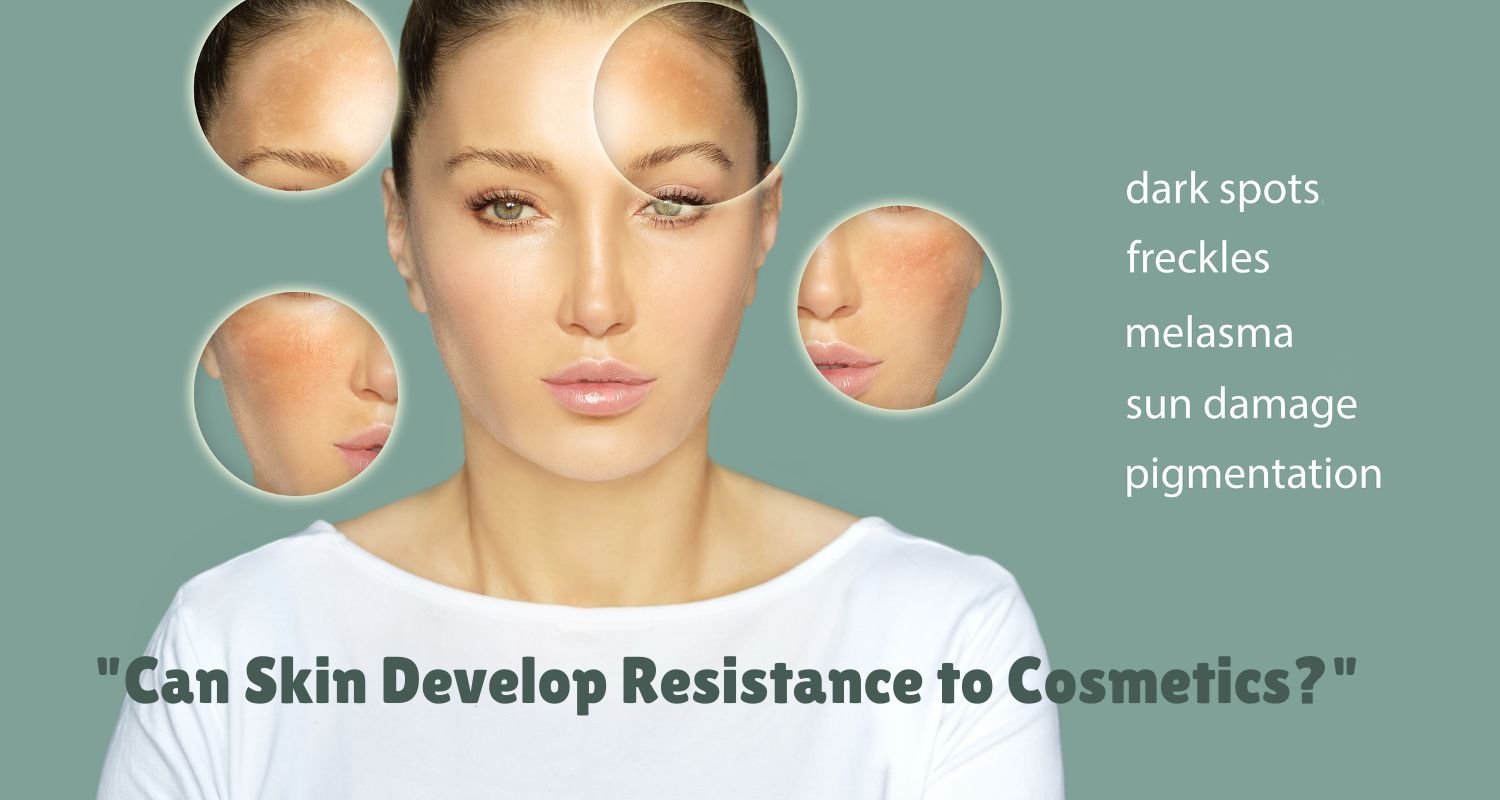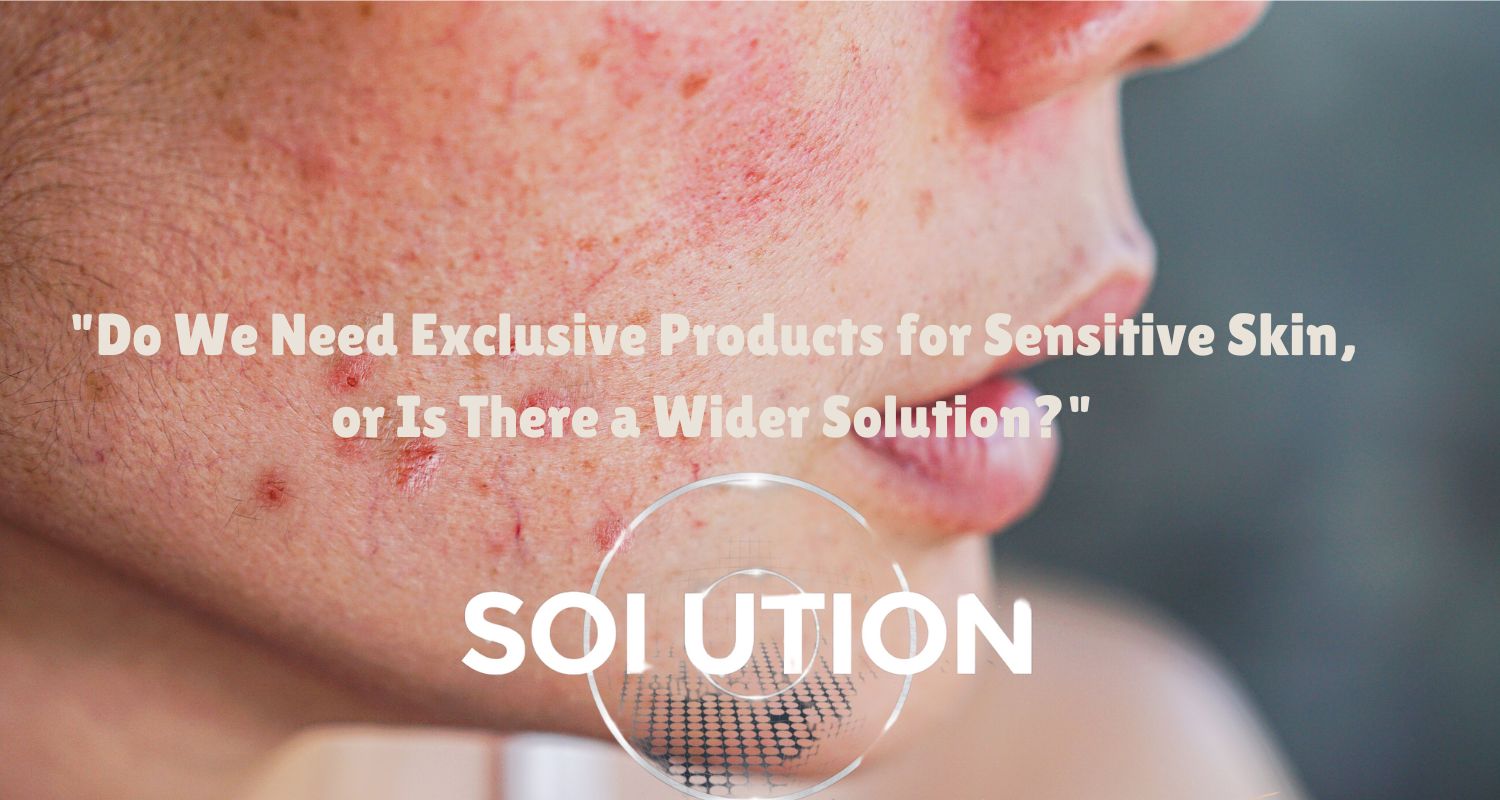
50. "Can Skin Develop Resistance to Cosmetics?"
"Can Skin Develop Resistance to Cosmetics?"
Cosmetics and Skin Resistance: Truth or Myth?
"Whims of the Skin, Realities of Cosmetics"
Many believe that long-term use of the same cosmetics leads to skin developing resistance, diminishing the product's effectiveness. However, this is a misconception. Cosmetics are not pharmaceuticals and do not contain ingredients potent enough to cause resistance.
The Real Causes of Skin Changes
"Whispers of Seasons, Echoes in the Skin"
The skin, our body's largest organ, serves as a frontline defense against external elements. Therefore, seasonal changes significantly impact skin condition, necessitating appropriate care.
Seasonal Changes and Skin's Response
Skin's Turnover Cycle: "The Rhythm of Skin, Nature's Cadence"
The average skin cell turnover cycle is about 28 days. During this time, the skin sheds old cells and generates new ones. Seasonal changes can influence this cycle, with winter dryness speeding it up and summer humidity demanding more hydration.
Seasonal Skin Care: "Nature's Shifts, Skin's Adaptation"
- Winter Care: Indoor heating and cold air can quickly dehydrate the skin. It's crucial to use moisturizing creams or oils to strengthen the skin's moisture barrier.
- Summer Care: High temperatures and humidity can make the skin feel sticky. Lightweight, hydrating products help keep the skin cool and prevent pore clogging.
Importance of Exfoliation: "The First Step to Clear Skin"
Regardless of the season, exfoliation is essential for skin care. Accumulated dead skin cells can roughen the skin surface, uneven the skin tone, and clog pores. A proper exfoliation routine keeps the skin smooth and healthy.
The Necessity of Sun Protection: "A Shield for All Seasons"
UV rays are a constant threat to skin aging, regardless of the season. Using sunscreen indoors and outdoors is fundamental to protecting the skin, even in winter when UV intensity may be lower.
The Importance of Choosing the Right Cosmetics
Listen to Your Skin
Recognizing changes in skin condition and selecting suitable cosmetics accordingly is crucial. For example, opt for a heavy moisturizer in dry winter and a light lotion in humid summer.
Cosmetic Ingredients: What to Avoid and What to Choose
"Seek Ingredients That Befriend Your Skin"
Choosing ingredients that provide the necessary benefits without burdening the skin is essential. For sensitive skin, avoid irritants like alcohol, artificial fragrances, and parabens. Instead, opt for calming and moisturizing ingredients like Centella Asiatica and hyaluronic acid. Ingredient information can be found on cosmetic analysis sites (e.g., EWG's Skin Deep, CosDNA).
Conclusion: Focus on Skin Changes, Not Cosmetic Resistance
"Adapt to the Seasons, Tune in to Skin's State"
Ultimately, it's not about skin developing resistance to cosmetics but about the changes in skin condition. Paying attention to how the skin's needs vary with seasonal and lifestyle changes is vital for maintaining skin health. By carefully observing these changes and choosing products accordingly, you can ensure your skin remains healthy and beautiful at all times.


